
Seán Thomas O'Kelly, originally John T. O'Kelly, was an Irish Fianna Fáil politician who served as the second president of Ireland from June 1945 to June 1959. He also served as deputy prime minister of Ireland from 1932 to 1945, Minister for Local Government and Public Health from 1932 to 1939, Minister for Finance from 1939 to 1945 and Ceann Comhairle of Dáil Éireann from 1919 to 1921. He was a Teachta Dála (TD) from 1918 to 1945.

Arthur Joseph Griffith was an Irish writer, newspaper editor and politician who founded the political party Sinn Féin. He led the Irish delegation at the negotiations that produced the 1921 Anglo-Irish Treaty, and served as the president of Dáil Éireann from January 1922 until his death later in August.
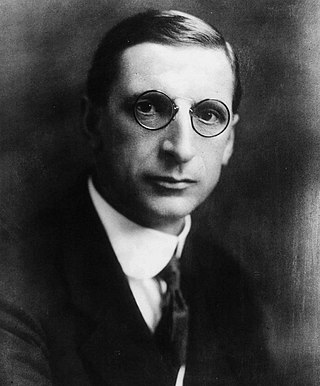
The Irish component of the 1918 United Kingdom general election took place on 14 December 1918. It was the final United Kingdom general election to be held throughout Ireland, as the next election would happen following Irish independence. It is a key moment in modern Irish history, seeing the overwhelming defeat of the moderate nationalist Irish Parliamentary Party (IPP), which had dominated the Irish political landscape since the 1880s, and a landslide victory for the radical Sinn Féin party. Sinn Féin had never previously stood in a general election, but had won six seats in by-elections in 1917–1918. The party had vowed in its manifesto to establish an independent Irish Republic. In Ulster, however, the Unionist Party was the most successful party.
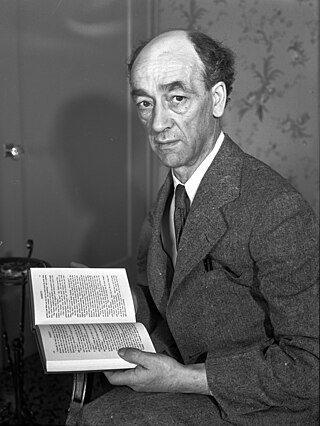
James Stephens was an Irish novelist and poet.
Events from the year 1948 in Ireland.
Events from the year 1919 in Ireland.
Events from the year 1918 in Ireland.

Piaras Béaslaí was an Irish author, playwright, biographer and translator, who was a member of the Irish Republican Brotherhood, fought in the Easter Rising and served as a member of Dáil Éireann.

John Joseph O'Kelly was an Irish republican politician, author and publisher who served as President of Sinn Féin from 1926 to 1931, Minister for Education from 1921 to 1922, Minister for Irish from 1920 to 1921 and Leas-Cheann Comhairle of Dáil Éireann from 1919 to 1921. He served as a Teachta Dála from 1918 to 1921 and 1922 to 1923.
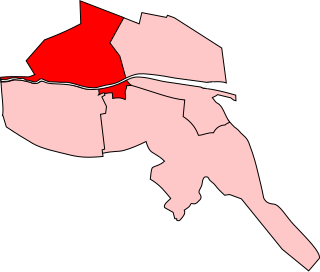
College Green, a division of the parliamentary borough of Dublin, was a parliamentary constituency which returned one Member of Parliament (MP) to the House of Commons of the United Kingdom from 1885 until 1922. From 1918 to 1921, it was also used a constituency for Dáil Éireann
Events from the year 1881 in Ireland.
Events from the year 1879 in Ireland.
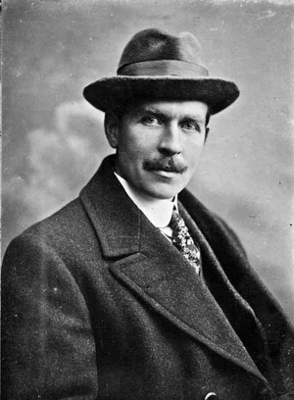
Jeremiah Christopher Lynch was an Irish revolutionary from County Cork who was a member of the Irish Republican Brotherhood and became a Sinn Féin TD in the First Dáil. A skilled organiser, he was prominent in Irish American organisations in the United States, where he spent many years.
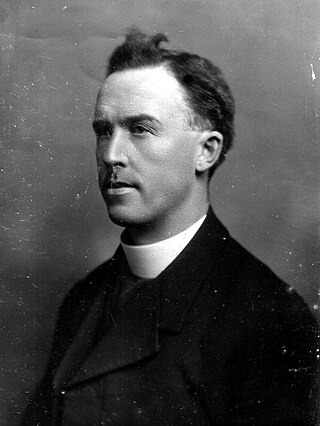
Michael O'Flanagan was a Roman Catholic priest, Irish language scholar, inventor and historian. He was a popular, socialist Irish republican; "a vice-president of the Irish Agricultural Organisation Society, he was a proponent of land redistribution." He was Gaelic League envoy to the United States from 1910 to 1912, and he supported the striking dockers in Sligo in 1913.

Brian O'Higgins, also known as Brian na Banban, was an Irish writer, poet, soldier and politician who was a founding member of Sinn Féin and served as President of the organisation from 1931 to 1933. He was a leading figure within 20th century Irish republicanism and was widely regarded for his literary abilities.
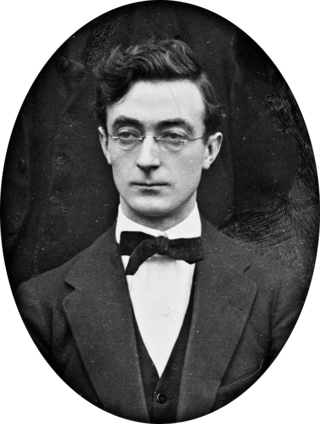
Seán McGarry was a 20th-century Irish nationalist and politician. A longtime senior member of the Irish Republican Brotherhood (IRB), he served as its president from May 1917 until May 1918 when he was one of a number of nationalist leaders arrested for his alleged involvement in the so-called German Plot.
Annie Mary Patricia Smithson was an Irish novelist, poet and Nationalist.

The 3rd Tipperary Brigade was one of the most active of approximately 80 such units that constituted the IRA during the Irish War of Independence. The brigade was based in southern Tipperary and conducted its activities mainly in mid-Munster.

Robert Brennan was an Irish writer, diplomat and a founder of The Irish Press newspaper. He took part in the 1916 Easter Rising and later became the Irish Free State's first minister to the United States. He was the father of Irish-American author and New Yorker columnist Maeve Brennan.
George J. Nesbitt was an Irish businessman and Free State senator from Kimmage, Dublin.













